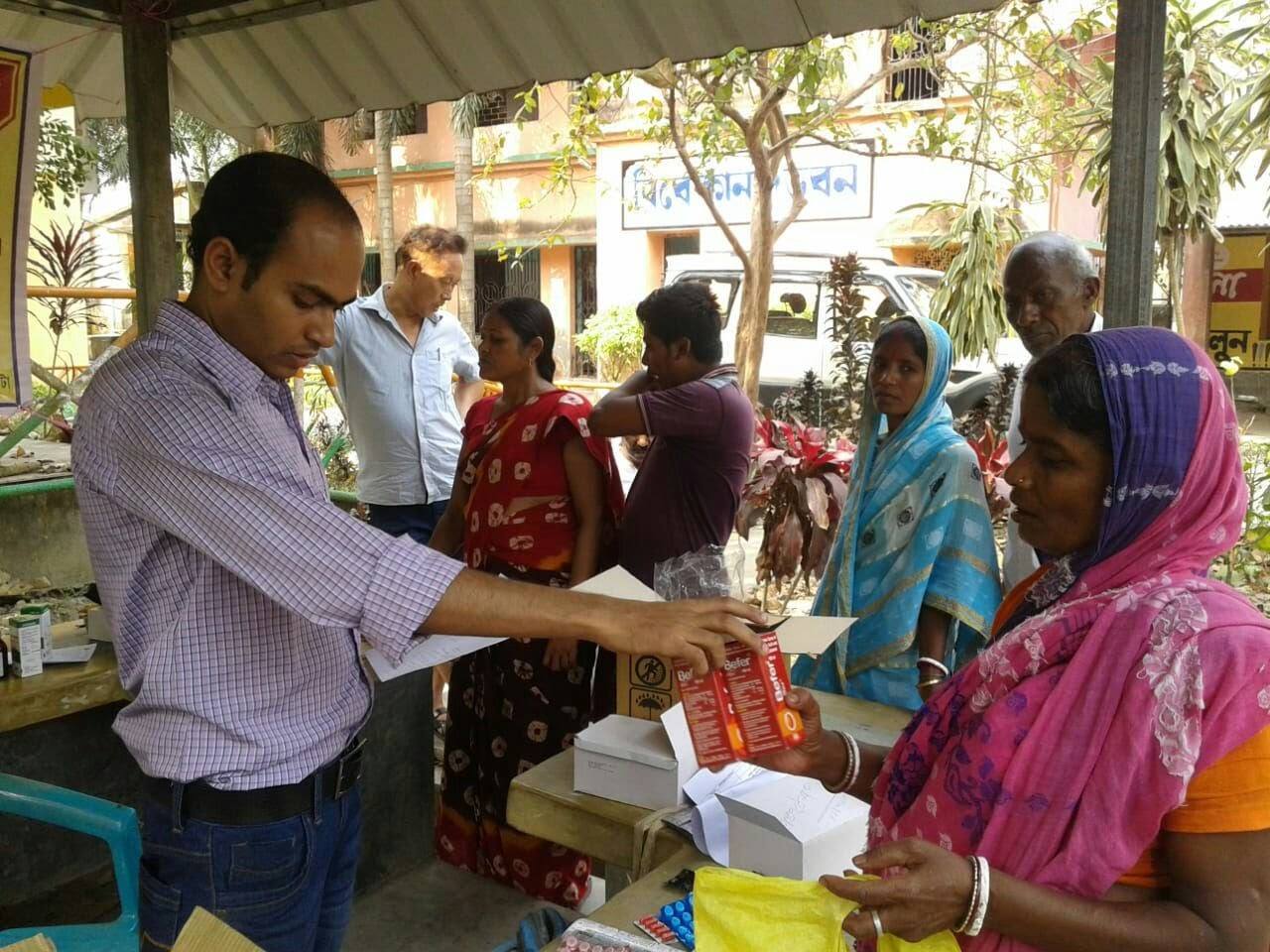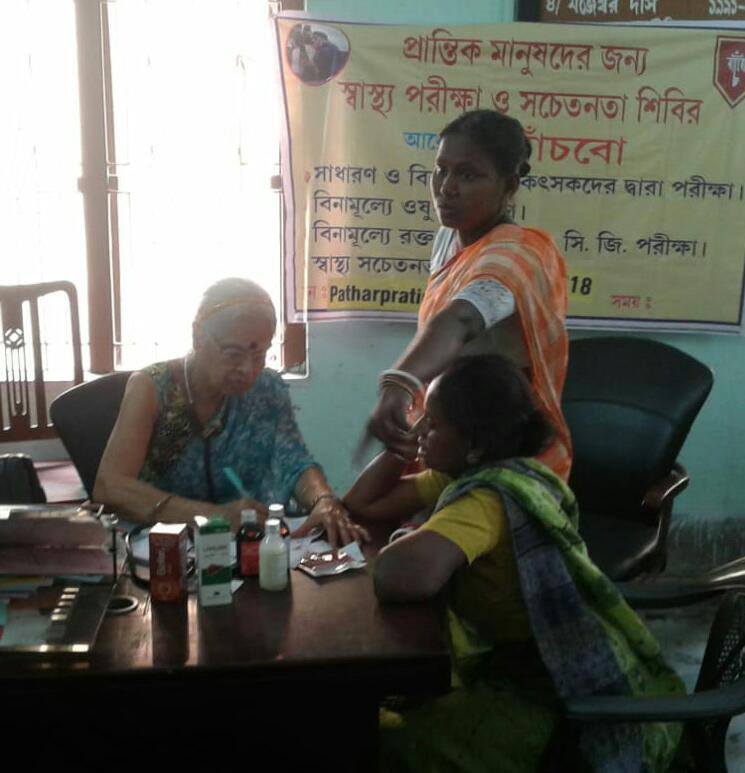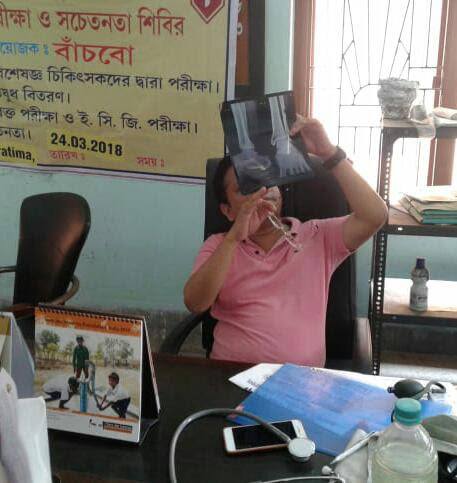Exclusive: Kolkata Doctor Has Been Running a 24/7 Clinic for the Elderly Since 1995!
The two primary areas where the organisation wanted to focus were education and medical services.

“It’s fairly easy to begin something; the challenge is to see it through and sustain it.”
After a fairly long conversation with Dr Dhires Kumar Choudhary, this was one of the key takeaways.
In 1995, a group of like-minded students got together with the intent of bringing about social change.
Together, they started an organisation they named – Banchbo, which in Bengali, means survival.

The two primary areas where the organisation wanted to focus were education and medical services.
In an exclusive conversation with The Better India, Dr Dhires speaks about the organisation, its evolution, and where he sees it headed.
Inception
A doctor by profession, Dr Dhires specialised in Geriatrics. “It was when I was a student that a few friends and I established the organisation. Through it, we have been engaged in various social activities,” he says.
“One of the driving factors to start the organisation all those years ago was the fear of senior citizens at having to visit the doctor at an untimely hour without any help. Arranging home-based medical care was one of the foremost reasons we started a 24/7 healthcare facility,” he shares.
They endeavour to reach the patient’s house in less than 30 minutes of having received the call, he says.

“In our early days, we also wanted to put to use the medical training we were getting, and thus, we started a weekly medical camp for the underprivileged in our locality,” says Dr Dhires. Between 1999 and 2000, they ran various health camps in the interior areas of Kolkata.
The growth of Banchbo
“Banchbo grew because we realised that there was a dearth of good organisations working on the ground. One of the operation theatre sisters from the hospital I worked at, asked me to start a supplementary education centre. A visit there made it clear why it was the need of the hour,” he says.
Looking back, Dr Dhires says, “When we started, we all had a lot of enthusiasm and an idealistic mindset to do something good. Over the years, some of the women in the group got married and moved away; others moved abroad for jobs and further studies–that was when it struck me that while we started very well, to keep the momentum was the key.”
The way forward
The home-based elderly care that this organisation has been providing is one-of-its-kind in Kolkata. Upon a membership fee of approximately Rs 3,600, one gets yearly check-ups, along with the assurance of 24/7 medical assistance.
“If it is possible to treat the elderly patient in their home, we do that. Else, an ambulance is sent to take them to the nearest hospital for medical care. This initiative has won several awards as well over the years,” he says.
The intent is to ensure that the same model is replicated for all parts of the city to begin with, and eventually, to other parts of the country.

“Over the years, the meaning of social work has changed. Being attached to an NGO is not enough, one must commit to the cause and ensure that they give it their 100%,” says Dr Dhires.
‘Stay persistent’, Dr Dhires says, as we end our conversation.
For information about the organisation, visit their website here.
(Edited by Shruti Singhal)
You May Also Like: Exclusive: Sunil Chhetri on Football Superstardom and the Video That Changed It All
Like this story? Or have something to share?
Write to us: [email protected]
Connect with us on Facebook and Twitter.
If you found our stories insightful, informative, or even just enjoyable, we invite you to consider making a voluntary payment to support the work we do at The Better India. Your contribution helps us continue producing quality content that educates, inspires, and drives positive change.
Choose one of the payment options below for your contribution-
By paying for the stories you value, you directly contribute to sustaining our efforts focused on making a difference in the world. Together, let’s ensure that impactful stories continue to be told and shared, enriching lives and communities alike.
Thank you for your support. Here are some frequently asked questions you might find helpful to know why you are contributing?


This story made me
-
97
-
121
-
89
-
167











